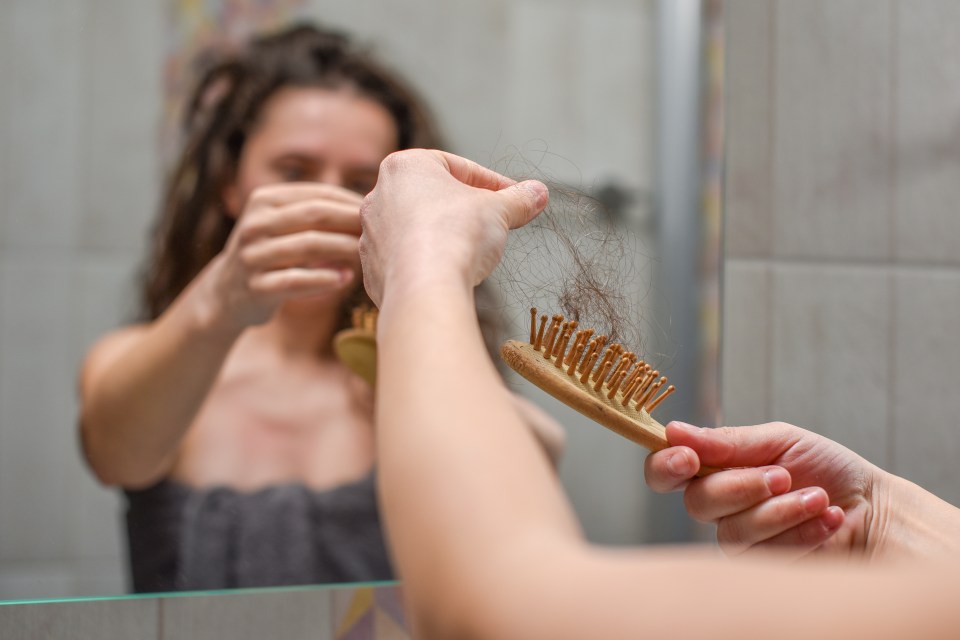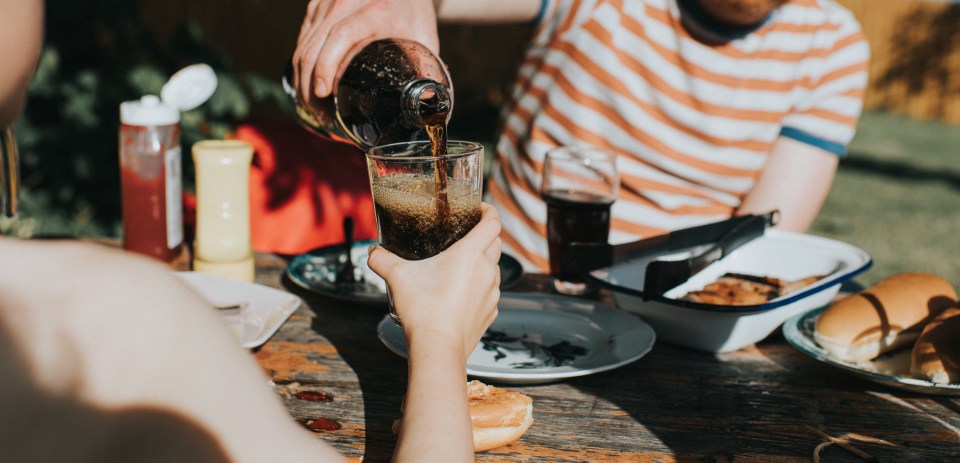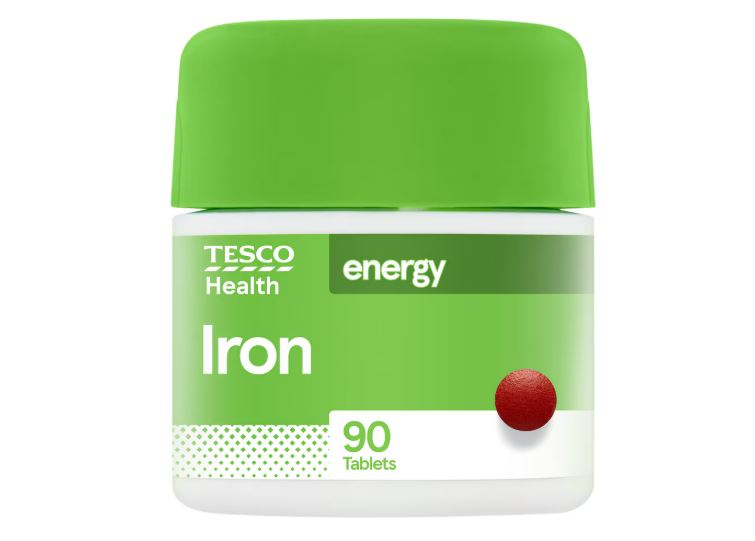GUZZLING too many fizzy drinks could make your hair fall out, scientists have warned.
An international team of researchers pulled together evidence from 17 studies, covering more than 61,000 people, to examine how diet affects locks.
The review, published in the journal Nutrition and Health, suggested men who downed more than three and a half litres of sugary pop a week were much more likely to go bald.
Drinking alcohol was also tied to thinning and greying hair.
Experts said the findings show diet plays a “critical role” in hair health and warned poor nutrition could be fuelling alopecia, an autoimmune disease that attacks the body’s follicles, causing patchy hair loss or even total baldness.
The research found strong links between low levels of vitamin D, the nutrient our bodies make from sunlight, and more severe baldness.
While women who took iron supplements were more likely to see hair growth improve – a pack of Tesco Health Iron 14mg tablets costs just £2.45, around 3p a tablet
Several trials also suggested supplements could make a difference.
Other trials suggested green tea extracts could cut shedding, while persimmon leaf boosted strand thickness.
One clinical study revealed how quickly diet can affect the scalp, men put on a very low-protein diet developed thinner, less pigmented hair bulbs in just two weeks.
But not all nutrients helped. A Japanese investigation revealed that high doses of vitamin A might actually worsened alopecia.
The authors stressed that hair is more than just cosmetic, describing it as a “secondary sexual trait deeply tied to an individual’s identity, self-esteem and psychological well-being”.
They added: “Current scientific evidence suggests that ensuring adequate levels of key nutrients, particularly vitamin D and iron, is a beneficial strategy for preventing and managing alopecia.
“At the same time, limiting the intake of alcohol and sugary drinks may help protect against hair loss.”
Baldness affects millions of people worldwide, and with demand for treatments rising, the team said more research is needed.
They warned what you eat and drink could be the difference between keeping your hair or losing it.
What are the treatment options?
Most hair loss does not need treatment and is either:
- Temporary and it’ll grow back
- A normal part of getting older
Hair loss caused by a medical condition usually stops or grows back once you recover.
There are things you can try if your hair loss is causing you distress. But most treatments are unavailable on the NHS, so you’ll have to pay for them.
No treatment is 100 per cent effective.
Finasteride and minoxidil are the main treatments for male pattern baldness.
Some wigs are available on the NHS, but you may have to pay unless you qualify for financial help.
Other hair loss treatment options include steroid injections or cream, immunotherapy, light treatment, tattooing, hair transplant and scalp reduction surgery
SOURCE: NHS














